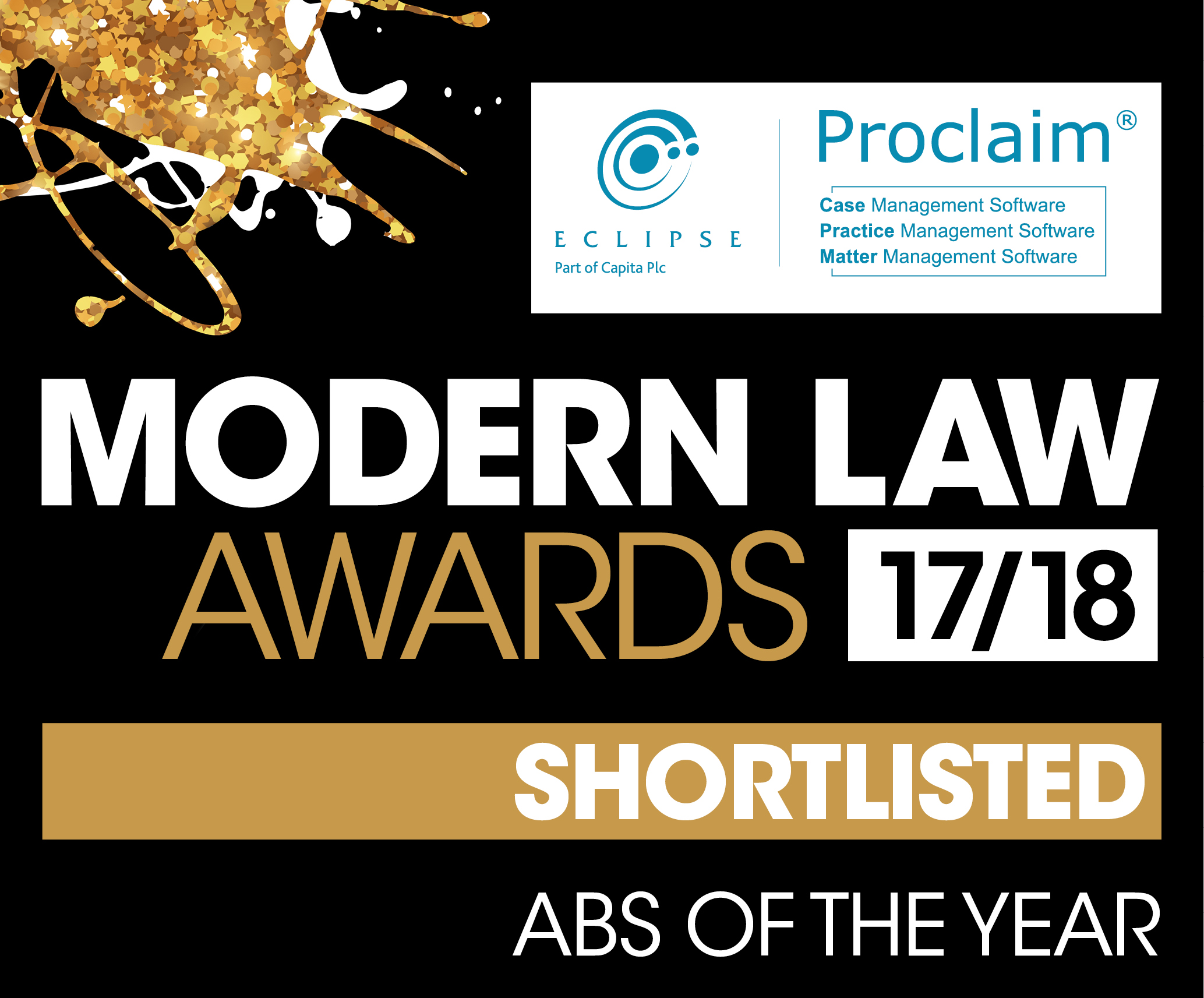Any client coming to me in relation to a litigation matter always needs to know what will happen if their matter reaches court.
It would take a long time indeed to set out the litigation process from start to finish so I am going to concentrate just on the Court hearing (although a large percentage of litigation matters never reach the final hearing stage).
There is much to do in preparation of a final hearing. Primarily this will be the Trial Bundle, a skeleton argument and a Schedule of Costs.
The Trial Bundle is all of the documentation that the parties wish to rely on in court. Things such as the claim form and defence, witness statements and exhibits. The Skeleton Argument (more commonly referred to in the legal industry as the 'skele') is a brief overview of the case which is prepared mainly for the Judge to read so that he/she has a quick guide to refer to prior to the Hearing. This means they can get up to speed quickly with even the most complex of cases. It is rare a Judge will read the Trial Bundle which can run into hundreds of pages prior to a Hearing as they simply do not have the time.
Once at Court, you will meet with your Solicitor and/or Barrister. They will have a chat with you prior to going into the Hearing. Something worth a quick mention is that a Court will list several matters for the same time at Court. A good example is I went to a recent Hearing at Wandsworth County Court. There were 6 matters all listed for 10.30am in front of the same Judge.
This often means that you will have a rather anxious wait before you go into Court. However, this waiting time is normally put to some use by your legal representatives who will meet with the other parties representatives to attempt to settle the matter prior to going into Court. The press often report deals being done 'on the steps of the Court'. Of course, the steps are rarely used but quite often you will see Barristers and Solicitors meeting in the Court corridors trying to thrash out a last minute settlement.
When your matter is announced (usually by the court Usher), you will go into the court room. Generally, you will sit behind your legal representative. When you are all seated, the Usher will announce that the Judge is entering the Courtroom. At this stage, everyone must rise (stand up) and not sit back down until the Judge is seated. This is an old fashioned tradition because the Judge is a representative of the Queen.
Once seated, the Judge will look to the representatives. The Claimant's solicitor always goes first. They will ask the Judge if he/she has read the papers (quite often the answer will be no)!.
The Claimant's solicitors will then introduce the case to the Judge and also the Defendant's legal representation. Once the introductions are out of the way, the Claimant's solicitor will call their witnesses.
When a witness is called, they will be asked to sit in a witness box which is close to the Judge. They are often asked to give Oath on the Bible or Koran that they will they swear to tell the truth. Once that is done, the Claimant's solicitor will refer them to the Trial Bundle (discussed earlier) that will be waiting for them in the witness box.
The witness will be referred to their witness statement. They will be asked to confirm their name and address, that the witness statement is theirs and that they signed it. They will also be asked to confirm that the contents of the witness statement are true.
Once this has been done, their solicitor will sit down and they will be cross examined by the other parties legal representative. This can be quite daunting but I have a few tips which may assist you if you are ever cross examined.
Firstly, you are giving evidence to the Judge, not the person examining you. Therefore, when answering a question, resist the temptation to look at the person asking the question. Instead, give your answers to the Judge by looking at him/her and answering clearly and concisely.
Avoid the temptation to get into an argument with the person asking the questions. Simply answer questions truthfully. Do not go off into a tangent about something irrelevant or the Judge is likely to ask you to simply answer the question!
If you are asked a question such as 'would you agree with me that…' , you do not have to agree! If you are adamant you do not agree, then tell the Judge you do not agree. You may be asked why you do not agree so make sure you have an answer!
At some point, your cross examination will end. But whilst being cross examined, stay as calm as possible, if you do not understand a question then ask for it to be repeated. Make sure you understand every question you are being asked before you respond.
Once your cross examination is over your legal representative is entitled to ask you supplementary questions on certain points. The Judge may also ask you some brief questions for clarification. Thereafter, the Judge will inform you that you are released from giving evidence and you will return to your seat. Please note, after you have returned to your seat, you are not allowed to say anything else, even if you disagree totally with what is being said in Court (unless your legal representative has something wrong as you can give them a nudge and whisper to them).
Your legal representative will call any further witnesses and/or experts and the procedure will be replicated as above.
Then, the Defendant's legal representatives will call their witnesses. This is where your legal representative will have the opportunity to cross-examine them on their evidence. Again, the Judge may ask them questions for clarification.
Once the cross examinations have been completed, each party's legal representatives will close their case. The Defendant's representative goes first followed by the Claimant's representative. Again, the Judge will often intervene and will ask questions of either representative.
Once closing statements have been made, it is the moment of truth. The Judge will generally (unless they wish to reserve Judgment for a later date), go straight into giving their decision.
When the Judge gives their decision, it can often take up to 30 minutes. They do not simply say "I find for the Claimant/Defendant" but they will set out the case in detail and will go through the most important points of the case. During this decision, it is often obvious who the Judge will find for. They will use phrases such as 'I preferred the evidence of the Claimant/Defendant'. If you are on the losing side, this is quite painful to listen to. It does not mean the Judge thinks you are a liar – it generally means the evidence of the other party was more consistent or compelling.
Once the decision has been made, the Judge will look to the winning party to ask if their legal representative wished to address them on costs. If your claim is for a value of less than £10,000, your costs are likely to be a Witness Fee (currently set at £95.00) and your travel costs to court. The Judge will rarely award legal costs in a Small Claim.
If your claim is for a value of over £10,000 then the winning party's legal representative will rely upon the Schedule of Costs (mentioned above). The Judge can make a summary assessment on the costs. As a rule of thumb, a winning party can expect to recover in the region of 60-70% of the costs they have incurred. This is known as the standard basis. There are exceptions to this where a winning party will be awarded costs on an indemnity basis and this can occur if the losing party's conduct in litigation has been poor.
Costs are rarely agreed at the end of the Hearing. However, you will probably be ordered to pay a percentage in the region of 50% of the Schedule of Costs within 28 days. Thereafter, costs will have to either be agreed between the parties OR they will be sent for what is known as 'detailed assessment'. This is where a costs expert will look at the file and will calculate what costs shall be awarded.
Do's and Don'ts in Court
Do:-
- Dress as smartly as possible.
- Be polite to the Judge and address them correctly (depending on the level of Judge, this will either be Sir, Madam or your Honour)
- Be on time
- Answer questions clearly and direct towards the Judge
- Listen to the advice of your legal representative at all times
- Ensure you read your witness statement several times before the day of the Hearing so you are aware of the content
Don't:-
- Argue with the Judge
- Argue under cross examination
- Make noises/laugh/react to anything the other party says in court
- Refuse to answer questions
- Lie in Court (this can become a criminal offence if you do)
As a final piece of advice, litigation is one of the most stressful things that can happen to someone. At Selachii, we appreciate the stresses and pressures this will place on you and we are not only here to give legal advice, we also manage your case in such a way that we take the stress away from you as much as possible.
To speak with a litigation lawyer today call 02077925649 or email This email address is being protected from spambots. You need JavaScript enabled to view it.





